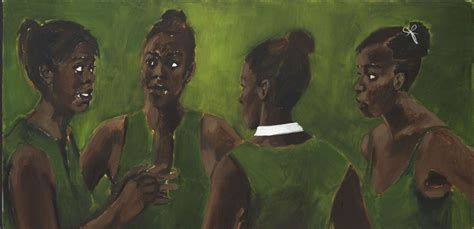A Quote by Naval Ravikant
People think about Bitcoin incorrectly. They think about it as currency or about gold or hoarding, speculation, about how much money do you make. When really, what it is is an API for programmable cash transactions.
Related Quotes
Interesting thing that is happening in American society is that people are starting to talk about money. I don't know how you feel about this, but for a long time, nobody was talking about money. It was a secret. And it's kind of very interesting because we do lots of stuff to portray to people about how much money we have, the clothes we wear and the cars we have and the house - they all kind of depict to other people, signal how much money we make, but we don't talk about it specifically.
To spend any time with someone who is among the top five film composers of the last 50 years is pure gold dust. I mean, not necessarily stylistically, because everyone is different in what their music sounds like, but the approach and how to look at a film, how to think about a film, how to decide what you want to do, how to think about characters, how to think about art, how to think about narrative, how to liaise with producers, how to liaise with directors.
Square is turning informal, cash transactions, like you would do with a taco truck, into card swipes. Stripe is more for the Internet, it's focused on the kinds of transactions that weren't possible years ago. We think about how you would buy things from a mobile phone, crowd-funding, how should that work.
When you watch the way some of the commentators talk about this, it makes it seem as if people are crossing the border every second. How much money have we spent on the border? Why? And who's really exploiting whom?" And then he gets quiet. But I think just airing these out and having a face-to-face conversation about it helps both of us internalize what the conversation is really about. I don't think we have that in the public sphere.
When people ask about the aspect of race in the work, they are looking for very simple or easy answers. Part of it is when you think other people are so different than yourself, you imagine that their thoughts aren't the same. When I think about thought, I think about how much there is that is common.
Architecture is really about well-being. I think that people want to feel good in a space... On the one hand it's about shelter, but it's also about pleasure. The intention is to really carve out of a city civic spaces and the more it is accessible to a much larger mass in public and it's about people enjoying that space. That makes life that much better. If you think about housing, education, whether schools and hospitals, these are all very interesting projects because in the way you interpret this special experience.
Think about all the great leaders. Think about Obama. Think about Clinton. Think about Nelson Mandela. Think about all the people that we know who are very successful in business, in politics and religion. What are they? They tell purposeful stories. They move people to action by aiming at the heart.

































